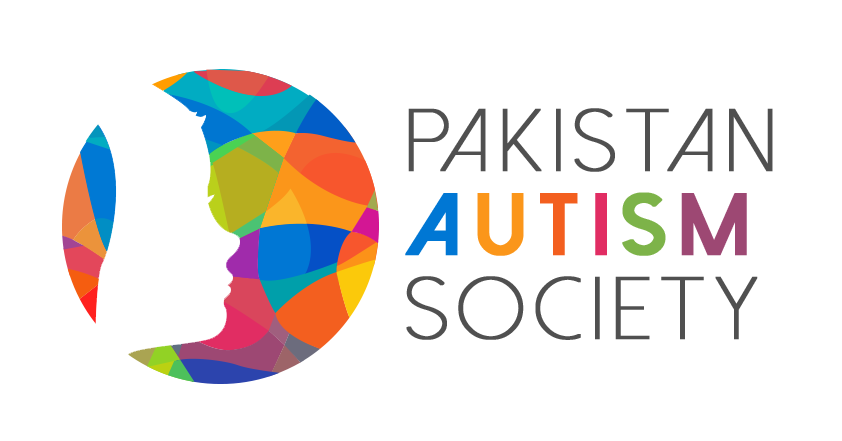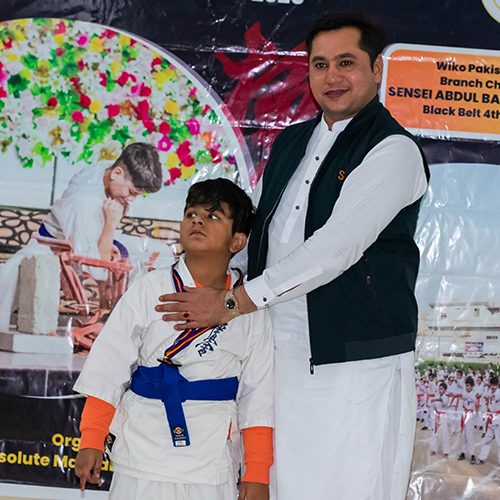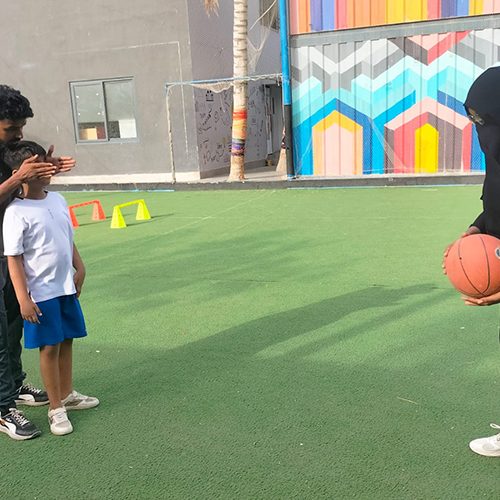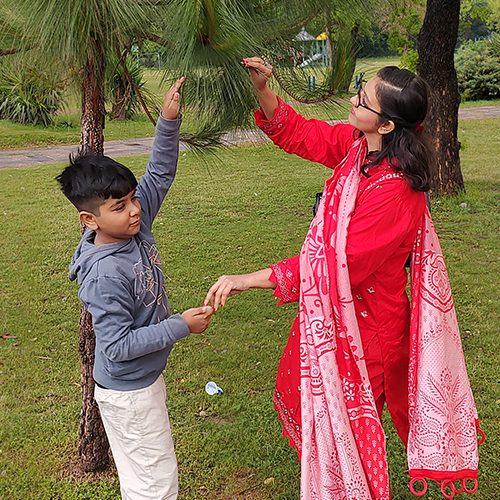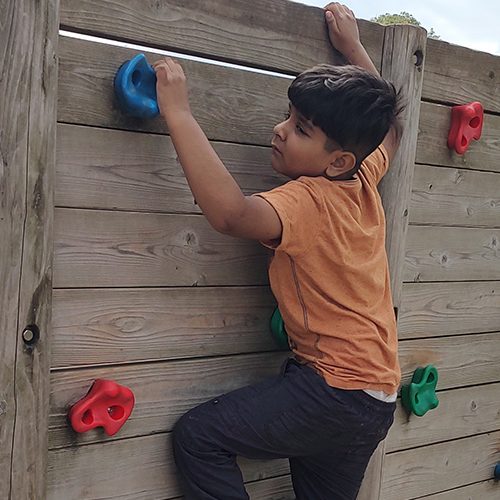In today’s digital era, screens are everywhere—from TVs and tablets to smartphones and laptops. For parents of children on the autism spectrum, questions about the effects of screen time are especially important. How does screen exposure impact autistic children, and what can parents do to maintain a healthy balance?
How Screen Time Affects Autistic Children
Research on the relationship between screen time and autism is ongoing, but some key observations have emerged:
- Sensory Overload: Many autistic children experience sensory sensitivities. Fast-moving images and loud sounds can either soothe or overwhelm, depending on the child’s sensory profile.
- Social Interaction: Excessive screen time may limit opportunities for face-to-face interaction, which is vital for developing social communication skills.
- Repetitive Behaviors: Some apps and games cater to repetitive patterns, which might reinforce repetitive behaviors typical in autism.
- Potential Benefits: On the positive side, certain educational apps and videos can enhance learning, language skills, and even social understanding—especially when used interactively with parents or therapists.
What Experts Say
The American Academy of Pediatrics (AAP) recommends limited screen time for young children and emphasizes the importance of co-viewing and discussing content with your child. For autistic children, personalized guidelines are crucial because each child’s needs and responses can vary widely.
Related Resource: AAP’s Media Use Guidelines
Tips for Managing Screen Time
Here are some strategies to help parents manage screen time effectively:
- Set Clear Limits: Establish daily screen time limits based on your child’s developmental needs.
- Prioritize Interactive Time: Use screens as a tool for learning and bonding rather than passive consumption.
- Monitor Content: Choose high-quality, age-appropriate, and autism-friendly apps or programs. A good starting point is exploring interactive apps specifically designed for autistic children, such as those listed on the Pakistan Autism Society’s Games & Apps page.
- Model Balanced Use: Show your child healthy habits by balancing your own screen time.
- Encourage Alternatives: Provide plenty of opportunities for physical play, creative activities, and social interaction.
Signs of Screen Overuse
Watch out for these signs that may indicate excessive screen use:
- Increased irritability or meltdowns when screens are turned off.
- Withdrawal from other activities.
- Sleep disturbances.
- Decline in social or academic skills.
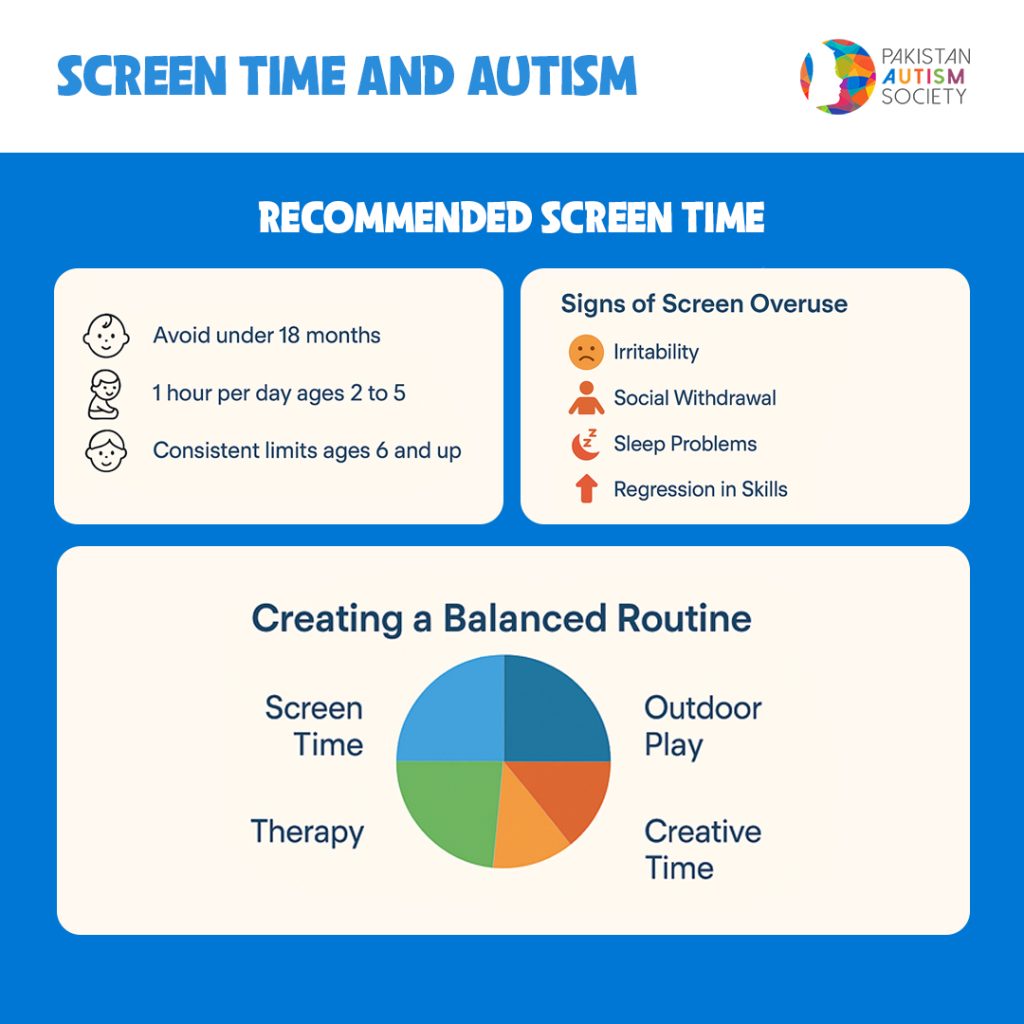
A Balanced Approach
Every child with autism is unique, and there’s no one-size-fits-all answer. Work with your child’s therapists, educators, and healthcare providers to develop a screen time plan that fits their individual needs.
Further Reading:
By staying informed and proactive, parents can turn screen time into a positive, enriching experience for their autistic child—one that supports both growth and well-being.
